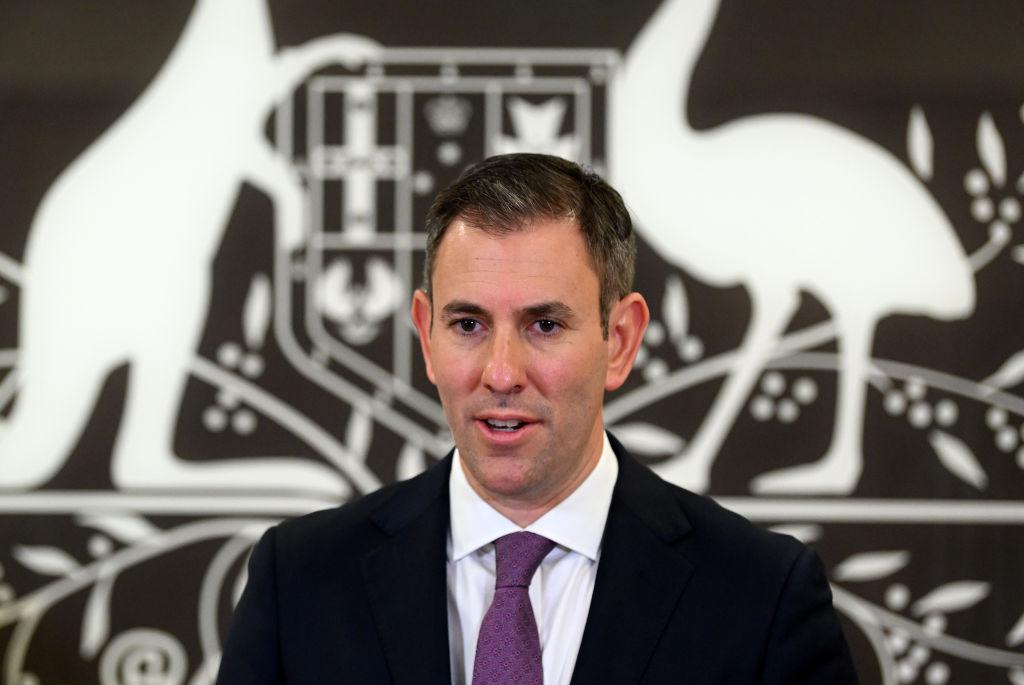Australian Treasurer Jim Chalmers has said that the renewal of Australia’s AAA credit rating by rating agency Standard and Poor’s (S&P) proves the effectiveness of the Albanese government’s “responsible economic management” in the previous year.
On Jan. 30, S&P Global announced that Australia had retained its AAA credit rating while expecting the country to avoid a recession despite the worrying global economic trend.





